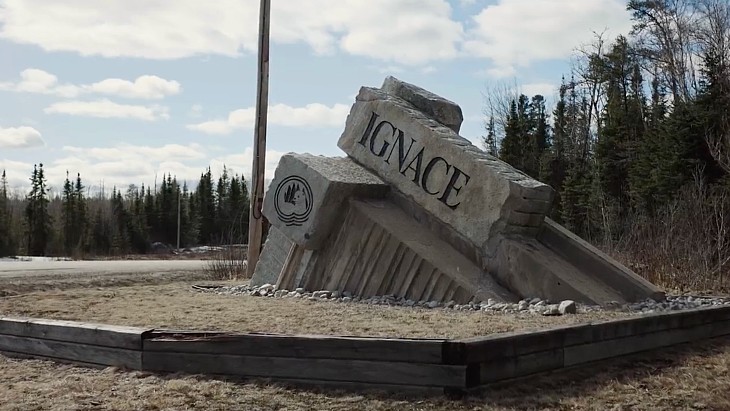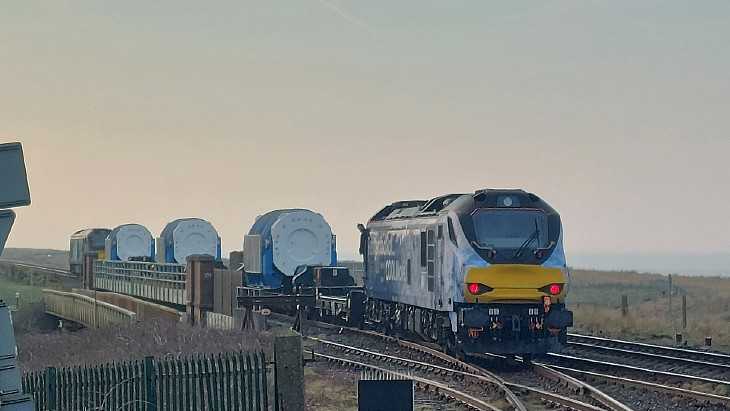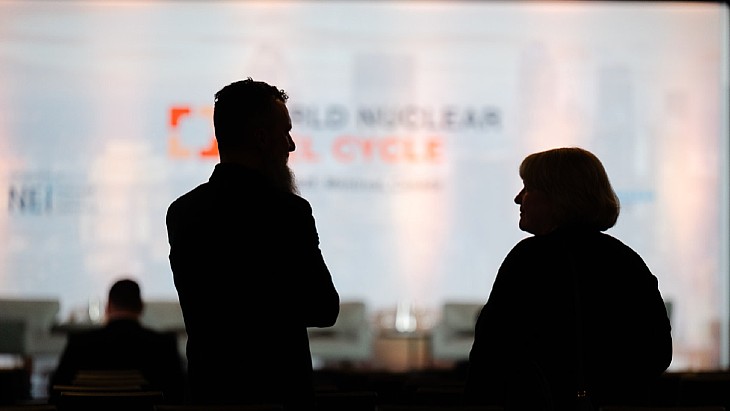IAEA commends JAEA's back-end programme
.jpg)
The Japanese government requested the mission to review JAEA's so-called "Back-end Roadmap", a long-term programme for decommissioning 79 nuclear research and development facilities over a period of 70 years. These facilities include prototype power reactors and research reactors, reprocessing and other fuel cycle facilities, and waste management facilities, and the associated radioactive waste processing and disposal facilities. The current programme of decommissioning is concentrated on three main facilities: the Tokai reprocessing plant, the Monju prototype fast breeder reactor and the Fugen advanced thermal reactor. The Roadmap does not cover Japan's fleet of commercial nuclear power plants or facilities in other research institutes or in universities.
Integrated Review Service for Radioactive Waste and Spent Fuel Management, Decommissioning and Remediation (ARTEMIS) reviews provide independent expert opinion and advice, drawn from an international team of specialists convened by the IAEA. Reviews are based on the IAEA safety standards and technical guidance, as well as international good practices. This service is intended for facility operators and organisations responsible for radioactive waste management, as well as for regulators, national policy makers and other decision makers.
The IAEA team today released the final report from an ARTEMIS review which took place on 12-22 April. Due to travel restrictions related to the COVID-19 pandemic, the review was held in a hybrid fashion. The review team - comprising eight experts from Belgium, France, Hungary, Italy, Sweden, the UK and the USA, as well as three IAEA staff members - met in Vienna or participated from their home locations. They held virtual meetings with counterparts in Japan from the Ministry of Education, Culture, Sports, Science and Technology (MEXT) and JAEA.
The ARTEMIS mission reviewed the overall adequacy of JAEA's programme of decommissioning and waste management, the associated cost estimation methodologies, and approaches to ensuring effective programme implementation.
The team said JAEA is in a good position to continue meeting high standards of safe and responsible management of decommissioning, radioactive waste and used fuel. The team highlighted the professionalism involved in the design and implementation of the Roadmap, and the commitment to safety in all aspects. The team observed that JAEA's technology development achievements can benefit the future programme for decommissioning and waste treatment and welcomed the establishment of a centralised management structure in JAEA.
"JAEA has developed a commendable Roadmap that establishes the direction of its future decommissioning and waste disposal programme whilst adequately highlighting the challenges faced," said ARTEMIS team leader Francesco Troiani, who is the director of development and technological innovation at Sogin, Italy's state-owned company responsible for decommissioning and radioactive waste management. "The lessons learnt during this mission will also be of benefit to the international community."
The team provided recommendations and suggestions to support JAEA in increasing the effectiveness of the Roadmap. These include: reviewing a range of options to more clearly separate its organisational and resourcing responsibilities for research and development and decommissioning to strengthen the focus on each mission; developing an integrated schedule for the entire decommissioning and waste management programme, identifying major risks and opportunities, and enhancing the methodology for decommissioning cost assessments; preparing for delays in the development of disposal facilities and provide appropriate waste storage capacity for the interim period; and, promoting an expansion of the range of industrial supplier organisations with appropriate skills to implement decommissioning work, taking a long-term perspective, and implementing a framework for ensuring its own personnel have the appropriate skills required to implement the Roadmap.
"The ARTEMIS team has a huge amount of expertise in the area of decommissioning and waste management," said JAEA Executive Vice President Ito Yoichi. "The team's detailed findings will guide us in the future as we implement the Roadmap."
_17992.jpg)
_75800.jpg)








_50521.jpg)

